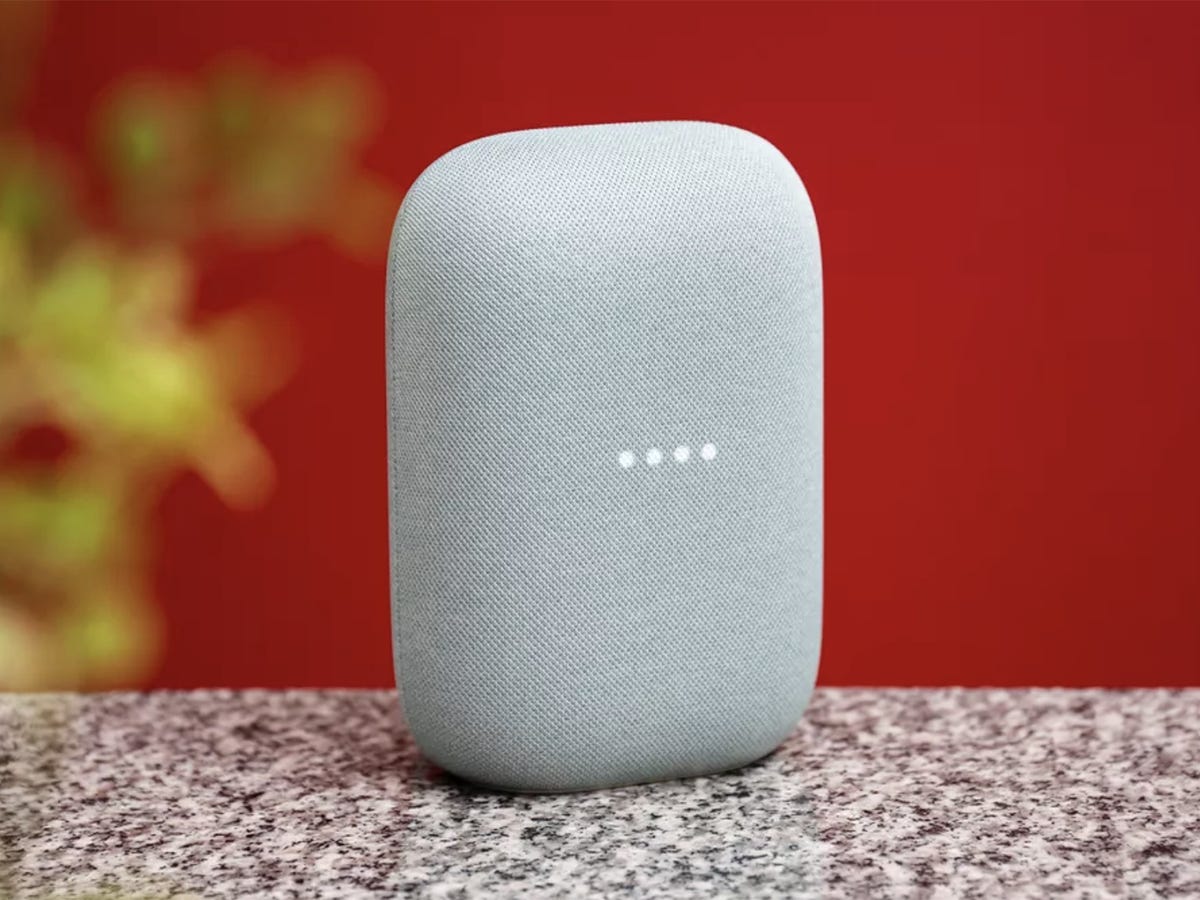
There are many smart gadgets you can use in the kitchen, no matter if you're a professional cook or a home chef. They'll help you get the most out of your recipes and give your food substance and taste. A food processor with removable disks is a great tool for making your own mayonnaise and peanut butter.
A food processor is a time-saver and can be cleaned easily. You can use it for slicing vegetables, cutting pepperoni, and shredding block cheese. It's also great for making hummus, pates, and other sauces. Using a food processer is much more affordable than purchasing pre-shredded cheese.
A smart meat thermometer is another item that can be a great addition to any kitchen. The smart accessory can be used to monitor and control your cooking. It can be connected via Bluetooth to your smartphone. It will tell you when your meat's ready for you to eat and how long it takes to cook the steak. You can also access the app to find recipes and tips by Serious Eats and other chefs. You'll also receive an alert if your meat is ready to be removed from the heat. This gadget is perfect for foodies who are obsessed with apps.

Food processors can help you save hours of work. It is also useful for making soups and smoothies. To grate and shred ingredients, such as nuts and cheeses, you can use a food processor. It can be used to make pates, peanut butter, and guacamole. It's a great kitchen tool that kids can use.
A food processor with switching disks is one the best kitchen gadgets. This food processor is a great tool to create smooth, deli-style pates or tunafish without having to use a knife. A food processor with interchangeable disks is a great investment.
A lemon squeezer can be another useful kitchen tool you can add. It's easy to clean, has a high-quality metal design, and comes in a sunny colour.
A food processor with removable disks can help you make the most of your recipes. It's a good idea to purchase a food processor that includes a stainless steel housing, as it's easy to clean and durable. You'll also want to consider buying one with an easy-to-read LED display. This is especially helpful for those who are sensitive about temperature.

Another essential item to have in your kitchen is a pasta maker. This model by Philips is user-friendly, and it automatically mixes and extrudes pasta. This model also has precise temperature control which is great for people who are sensitive.
Another item you'll want to have around the house is an automatic soap dispenser. These dispensers are equipped with a measuring cup, spoon sizes and a handle for easy measuring. They can be used by any family size, and they won't clog.
FAQ
How can I do smart shopping online?
Smart shopping online means finding ways to save money without sacrificing quality. Here are some tips.
First, shop around. Compare prices and see which store offers the best deal.
Ebates and other cashback apps are another option. These programs work similarly to cashback programs that are available at physical stores. Their app allows you to earn points based upon how much you spend. Then, you can redeem those points for gift cards or discounts.
Thirdly, look for promo codes. These codes can be found on websites like RetailMeNot.com. Enter the code at checkout to get your savings. You will instantly see your savings.
Lastly, don't forget to check out clearance sections. Often times, you can find amazing deals on high end brands at discounted prices.
Are there any tips and tricks that I can use to save money online shopping?
First, make a list of the things you need to purchase. Go through each item on the list and determine which one is more affordable. Once you have made a decision, compare prices from different websites. You should compare prices across multiple websites to determine the lowest price for each product.
Where can I find coupons for online shopping?
There are two methods to find coupon codes for online shopping. Both methods work. However, certain websites may be easier than others.
Is a debit card good to use when shopping online?
It all depends upon what you are buying, and how much. If you don't want to pay extra fees for using a credit card, then you should go for a debit card.
If you don't have the cash to pay for a purchase, a debit card might be the best option. You won't be charged any extra fees.
You can withdraw money from ATM machines without any interest or additional charges with a debit card.
You can also buy petrol and groceries at ATMs which is very convenient.
What about orders greater than $25?
Yes, you can order items from most major websites without having to pay shipping. Some sites offer free shipping on select items. You will need to spend at least $25 in order to be eligible for free shipping. Many websites automatically apply free shipping for your entire order. Other websites require you to enter the code "SHIPFREE" during checkout.
Statistics
- The tax is automatically added once you click the checkout button, so factor in an additional 20% when looking at the product page. (makeuseof.com)
- A report from the U.S. Census Bureau found that in the first quarter of 2022, an estimated $250 billion was spent on retail e-commerce sales.1 (thebalance.com)
- Last Black Friday, I bought a stove from Lowes at 40% off, receiving 24 months of interest-free financing (from Lowe's). (meetfabric.com)
- Your Online Purchases 79% of Americans purchased goods and services online in 2018, which is expected to exceed 90% in 2023. (meetfabric.com)
External Links
How To
How to shop online securely
Online shopping can be one of the most convenient and cost-effective ways to purchase goods or services. But this convenience comes with a price. While online shopping offers many advantages, there are also some risks. The greatest threat is identity theft. Identity theft poses the greatest risk. Identity thieves may use your personal data (name and address, credit card number, credit card number, etc.) to steal money from your account or obtain fraudulent loans against it. The thieves then sell the stolen information on black markets. Here are some tips for staying safe online.
-
Use secure websites. SSL encryption is a free service offered by most online stores to protect customers' data. Any information entered on the site, including names and addresses, phone numbers, credit card details, and so forth, is encrypted. This prevents others from seeing what you have entered. Check that the certificate has been issued by a recognized CA before you decide which online store you want to do business. When you browse the web, look for a green padlock icon at the URL bar.
-
Your password should not be divulged. When you sign up to a new account, an email will usually ask you to confirm your email address or username. You must keep these credentials confidential and not share them with anyone. Don't keep them in your wallet. They could also be used to access your accounts if you lose your wallet. Instead, store them on your computer. A good rule of thumb is to change your passwords once every three years.
-
Keep track on your orders. If you're sending items to yourself or others, make sure you keep track of where you send those packages. Many people get scammed because they think they sent something to themselves, but it was actually sent somewhere else. Always check the tracking number before you pay for shipping. Always get proof of delivery before you ship anything. If you are not satisfied with the service, contact the company immediately.
-
You need to be aware of the person you're dealing. Many websites will require you to give sensitive information, such as your full name and date of birth, Social Security Number, and Bank Routing number. These details help them identify you, so be careful about giving them out. If you're unsure whether a website needs this information, just Google "what does need?" You'll find many answers.
-
Pop-up windows can be annoying. Many websites will bombard you daily with pop-ups offering special offers, discounts, and other products. Although some of these advertisements may appear legitimate, others are intended to trick you into disclosing your private information. A fake antivirus program, for example, might ask you for your social insurance number and credit card number. Don't click on any links that seem suspicious to avoid being tricked.
-
Beware of phishing scams. Phishing scams use hackers to pretend to represent reputable companies and trick consumers into providing their financial information. Phishers send emails that look like they're from retailers and banks. These emails encourage users to log-in to update their account information. Hackers can gain control of your finances once your information is given. Hackers could even take over your bank accounts or transfer funds from one account to another. The following resources can help you identify phishing scams.
-
Do your homework. Always read all terms and conditions before you sign up for any deal. The terms and condition of any contract you sign must be easy to comprehend. You should carefully read through the contract and make sure you understand what you are agreeing to. Saving money is as simple as avoiding hidden fees and charges.
-
Look around. Shop around. Compare prices on many websites to find the best deal. If you order multiple items, make sure to compare shipping costs. Shipping rates can vary widely depending on which website is used. Fast shipping is worth the extra cost.